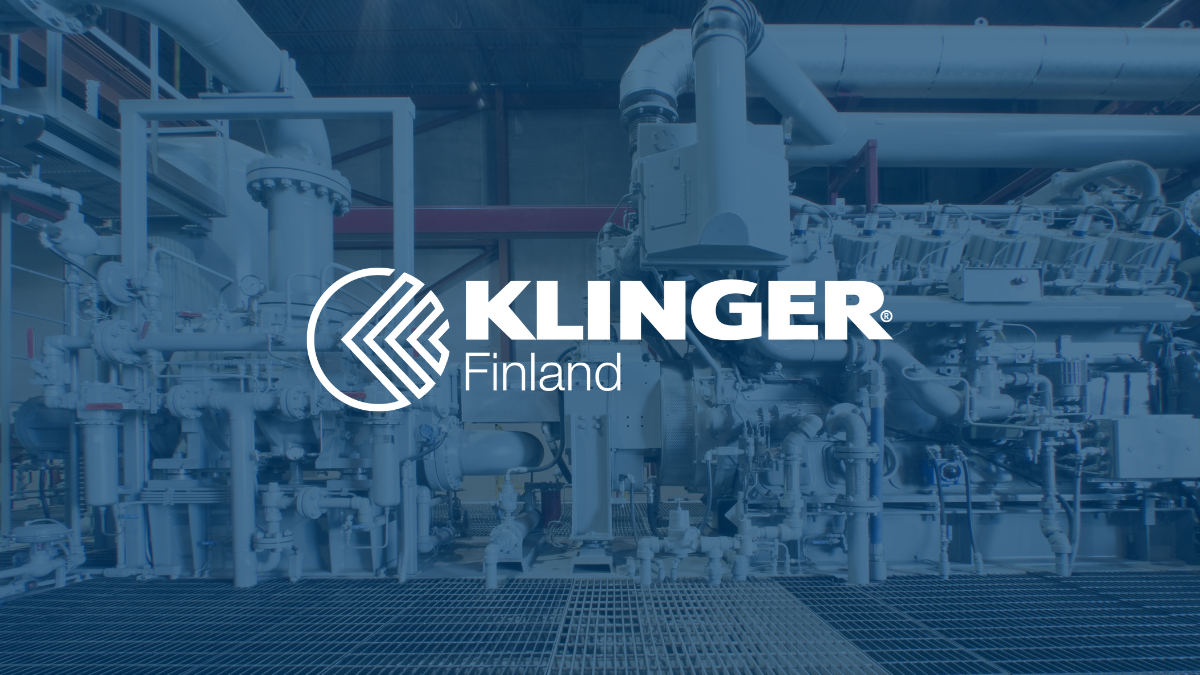Explosion protection systems are used in industry to ensure personnel safety and prevent property damage. In process industries that handle flammable gases, vapors, or dusts, explosion protection is a statutory requirement. ATEX directives establish precise requirements for preventing the formation of explosive atmospheres and preventing their ignition in industrial environments.
The importance of explosion protection in industry
Explosion protection is a safety-critical area that affects all industrial sectors handling hazardous materials. In the chemical industry, oil refining, and energy production, explosion hazards are continuously present in processes.
In process industries, the importance of explosion protection is particularly emphasized because even minor disruptions can lead to serious accidents. In addition to occupational safety, explosion protection safeguards the environment and ensures production continuity.
What does explosion protection mean and how does it work?
Explosion protection refers to a comprehensive system that prevents the formation of explosive atmospheres or their ignition. The protection system is based on three main principles: elimination of ignition sources, prevention of explosive mixture formation, and limitation of explosion effects.
In practice, explosion protection is implemented through multiple methods. Inerting removes oxygen from the process, ventilation prevents the accumulation of hazardous gases, and ATEX classification of electrical equipment ensures safe operation in explosive atmospheres.
What types of industrial processes require explosion protection?
Explosion protection is essential in all processes that handle flammable liquids, gases, or dusts. In the chemical industry, solvent handling, hydrocarbon processing in oil refining, and methane gas management in mining operations require effective explosion protection.
In energy production, biogas plants and fuel handling require ATEX-compliant protection. Even in the food industry, handling flour dust and alcohol creates explosion hazards that must be controlled with appropriate protection methods.
What are the most important benefits and requirements of explosion protection?
The primary benefit of explosion protection is ensuring personnel safety and preventing serious accidents. ATEX directives establish precise requirements for classifying explosive atmospheres and protection methods.
Compliance with statutory requirements protects companies from liability issues and ensures the retention of operating licenses. From a business continuity perspective, explosion protection prevents production interruptions and costly property damage.
Summary of the necessity of explosion protection
Explosion protection is an irreplaceable safety solution in industry that combines personnel protection, statutory compliance, and business continuity assurance. Effective safety management requires professional planning and implementation.
Seeking expert assistance for explosion protection solutions is recommended, as the complexity of requirements and safety-critical nature demand in-depth expertise. Properly implemented explosion protection ensures a safe working environment and uninterrupted production.
Do you need help with planning or implementing explosion protection solutions? Contact our experts to receive a customized safety solution for your company’s needs.
